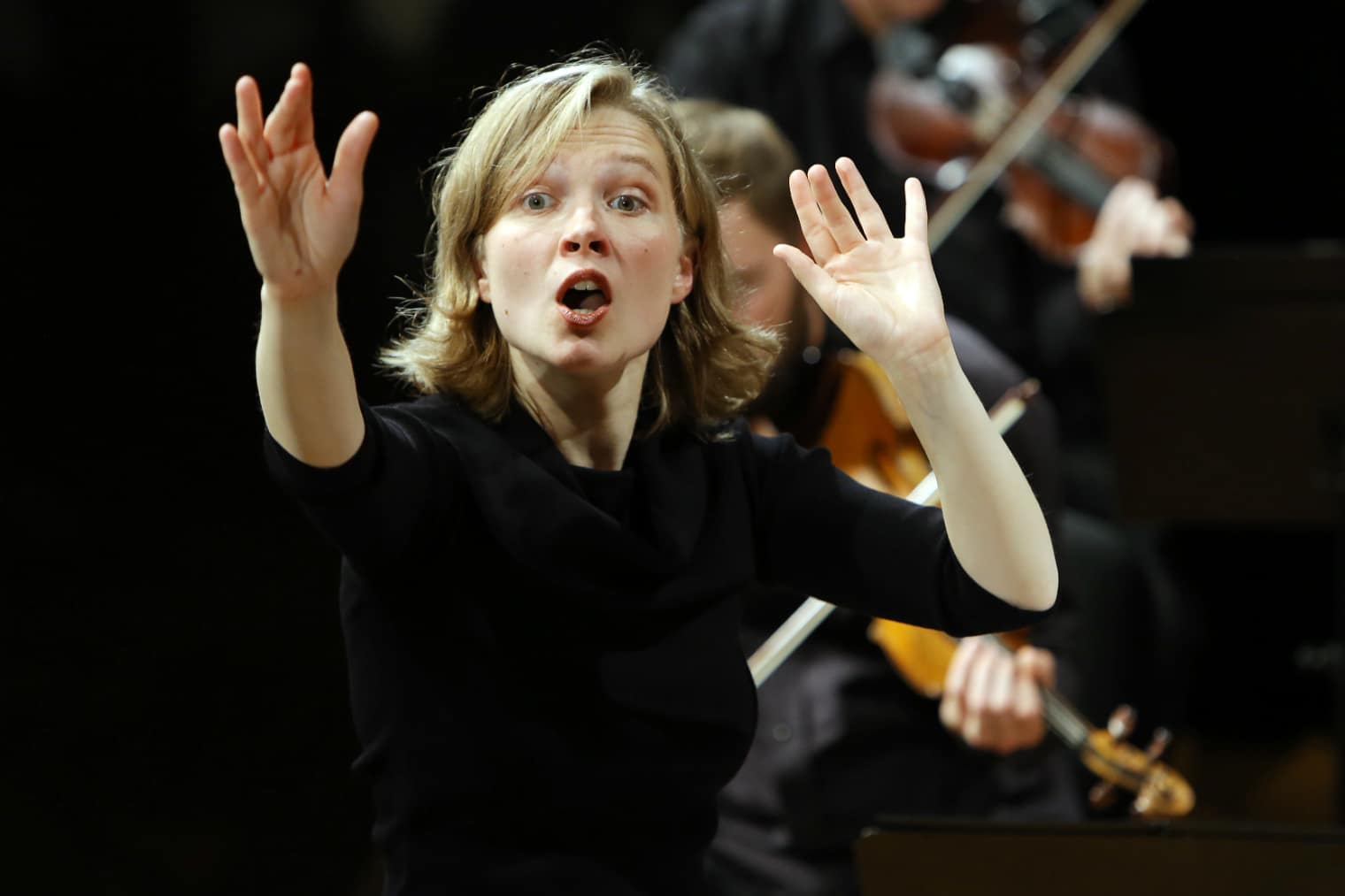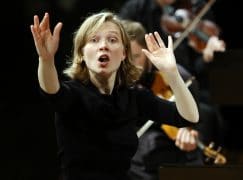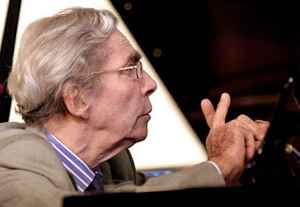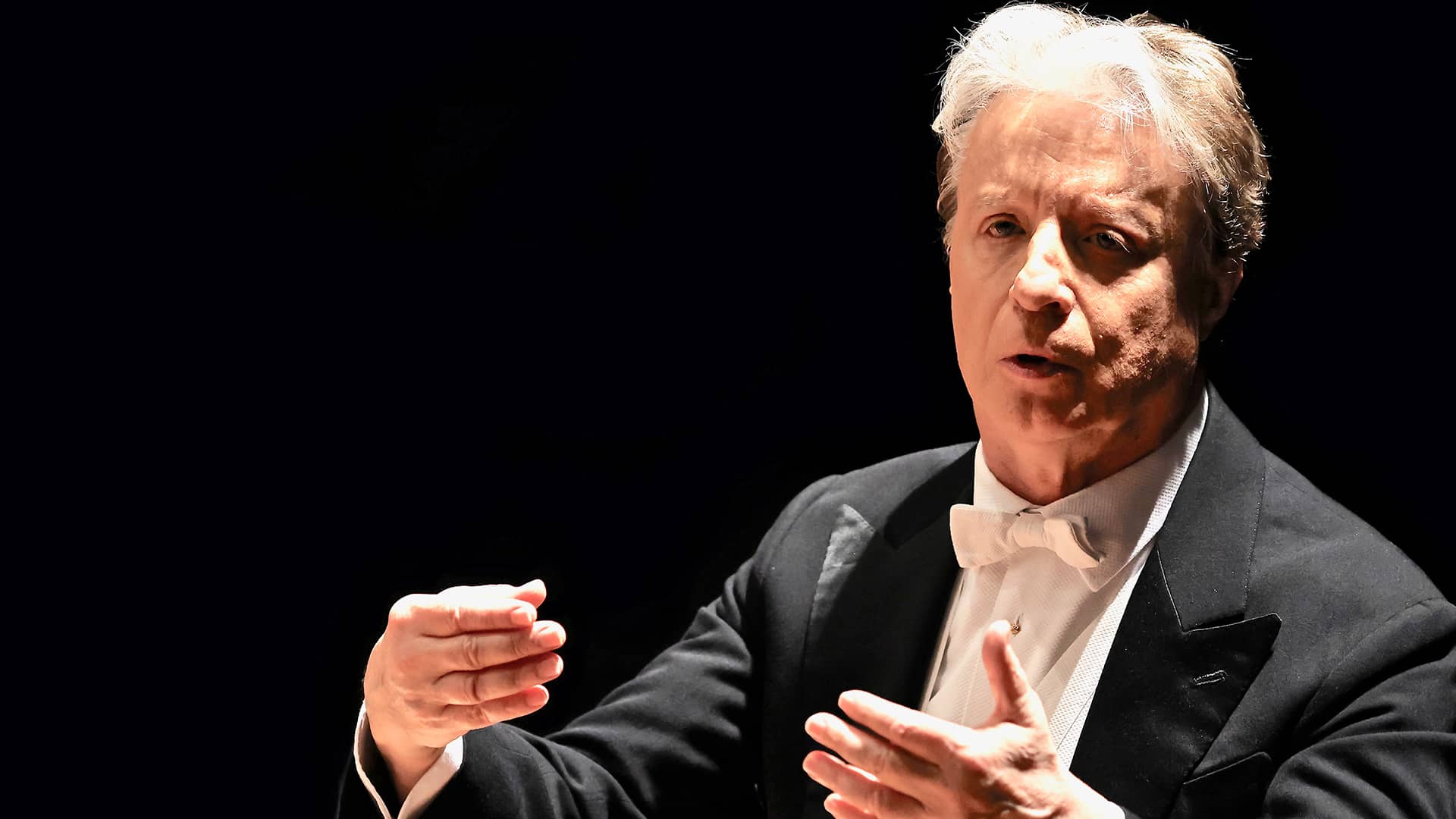Is the UK Government finally listening?
mainFiona Maddocks, in a thoughtful Observer survey of traumatised classical activity, reports on Thursday’s Government summons to four concert stars with a view to constructing an emergency rescue plan.
One seed of hope, she finds, is a likely shortening of the distance rule from 2 metres to 1.
Whereas European orchestras have public funding (around 80%), the UK is dependent on earned income, notably box office. Restricted audience numbers are untenable. A 1 metre distancing rule, rather than 2 metres, would begin to look workable: up to 50 players and larger audiences. Yet only last week, 3 metres was announced as the safest distance for woodwind and brass.







Comments